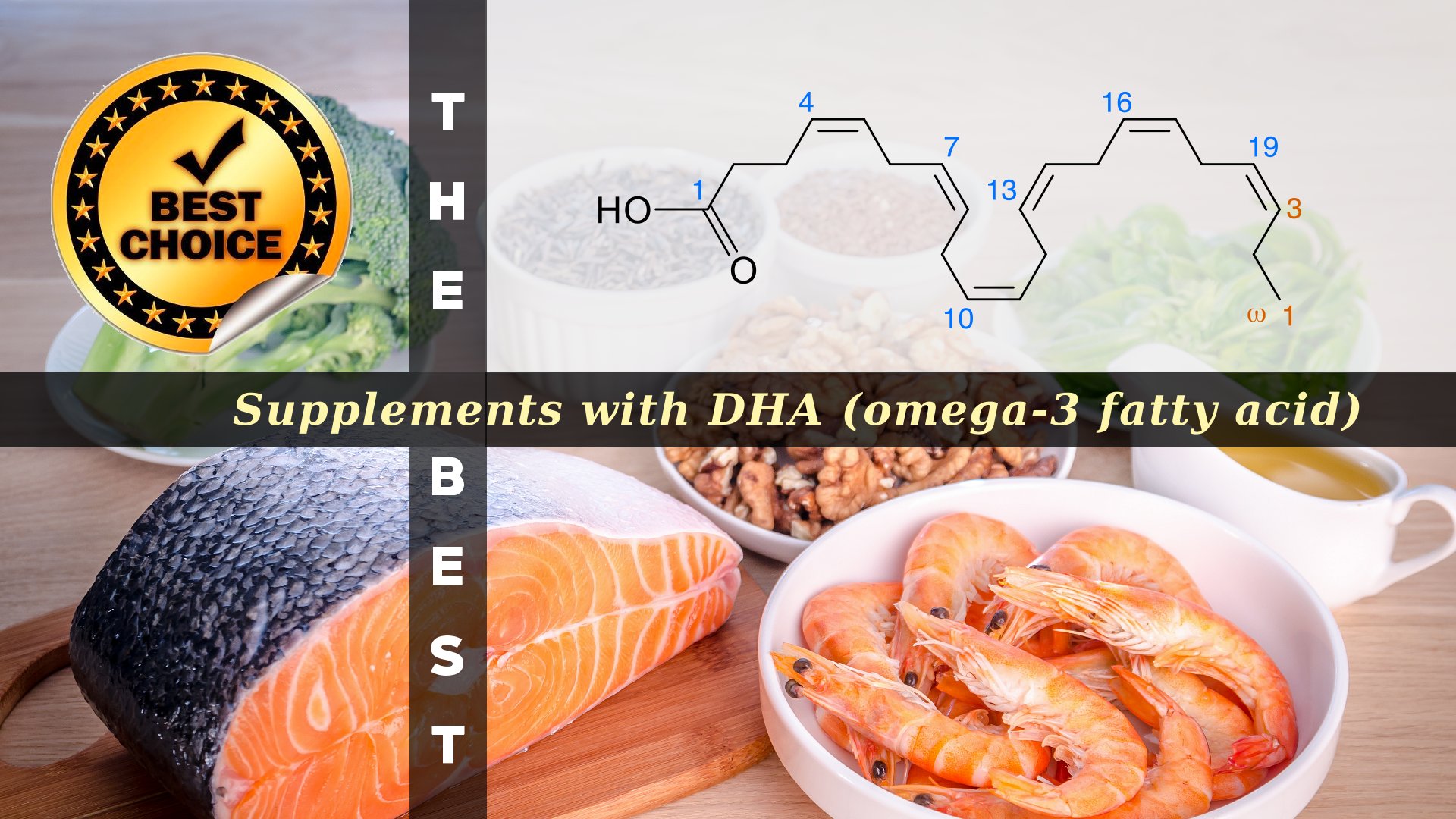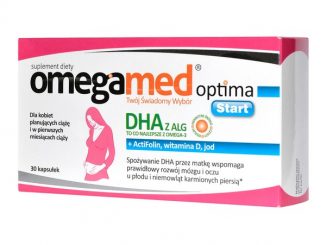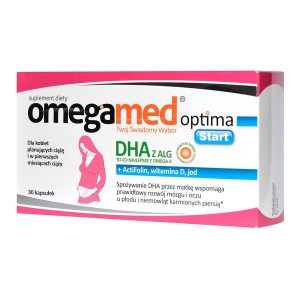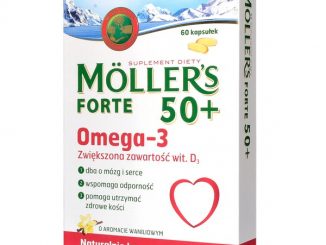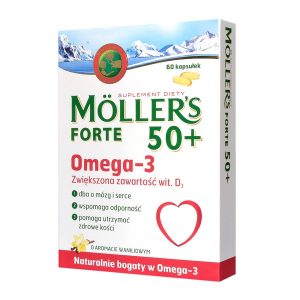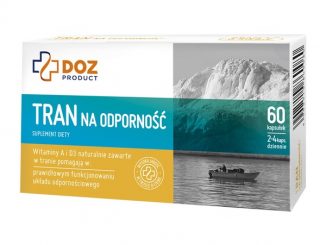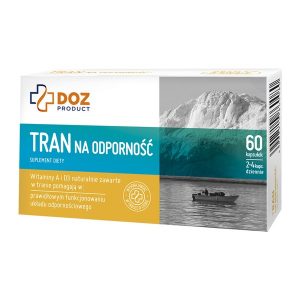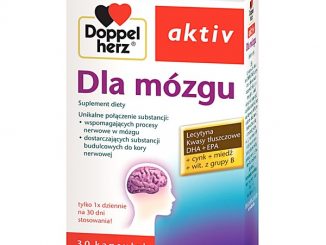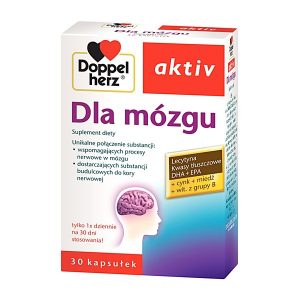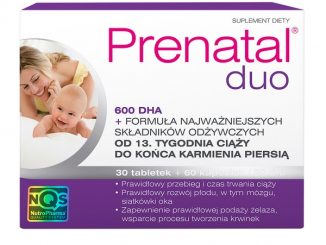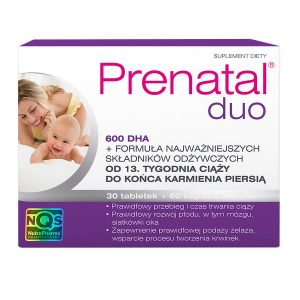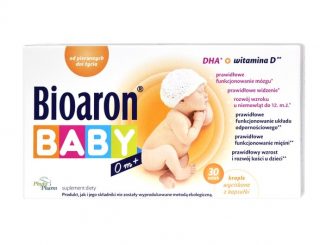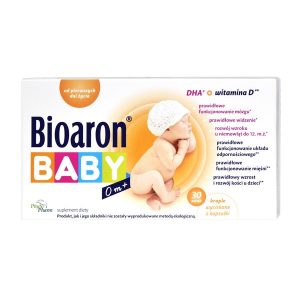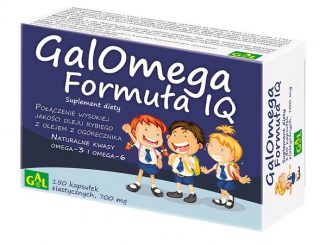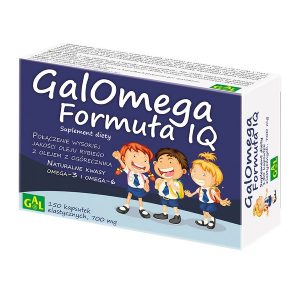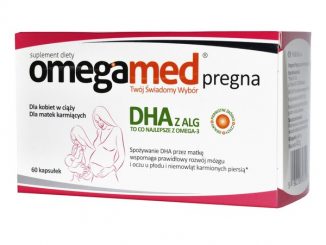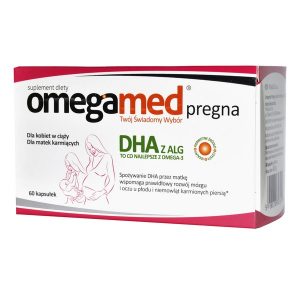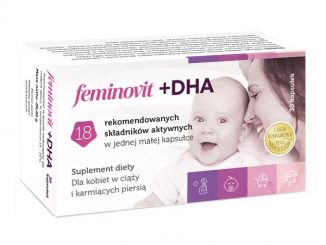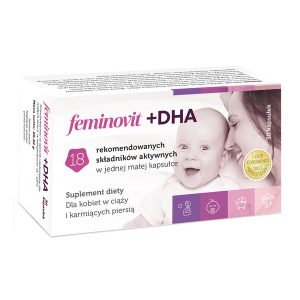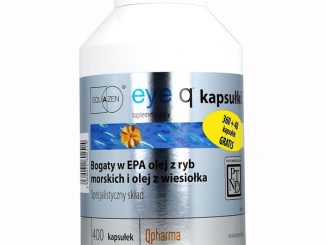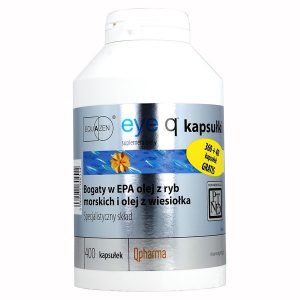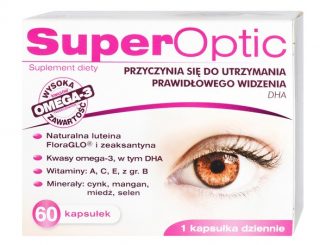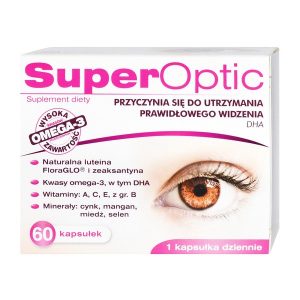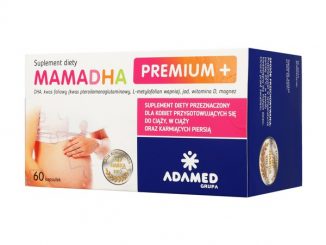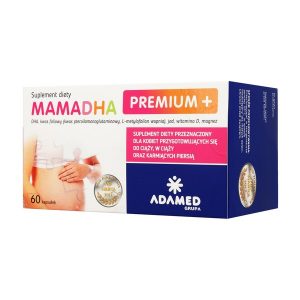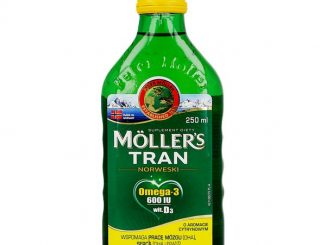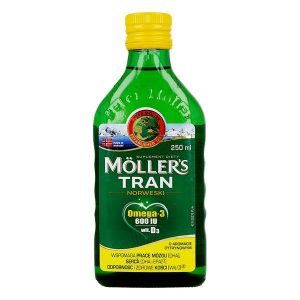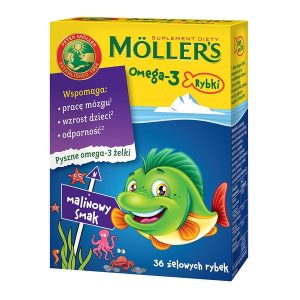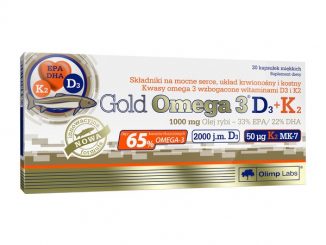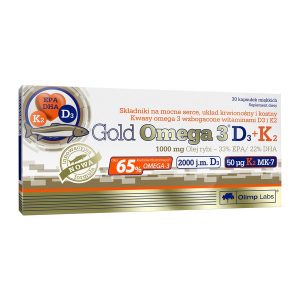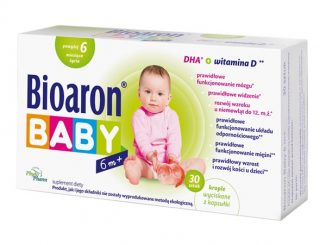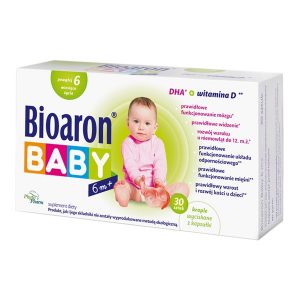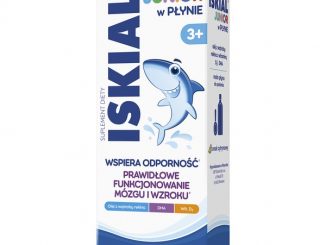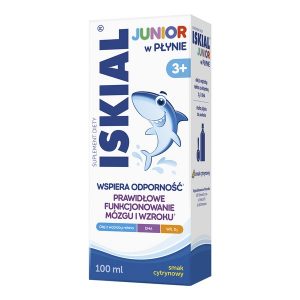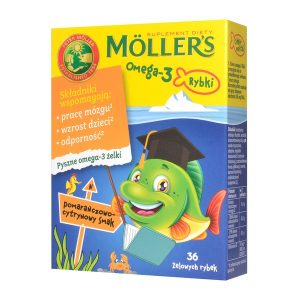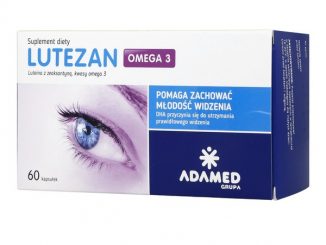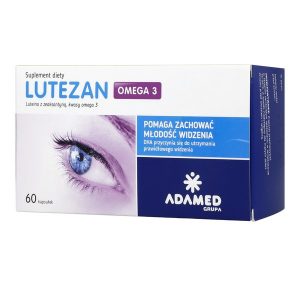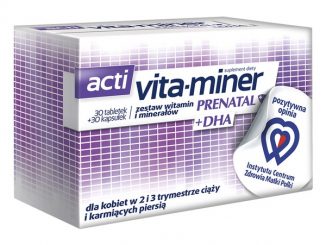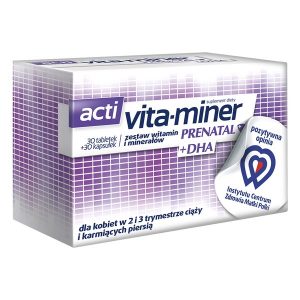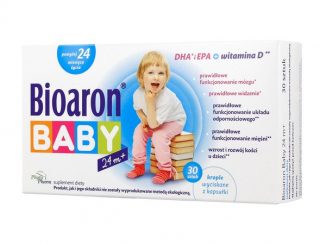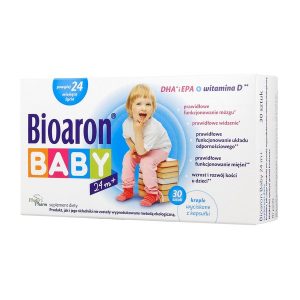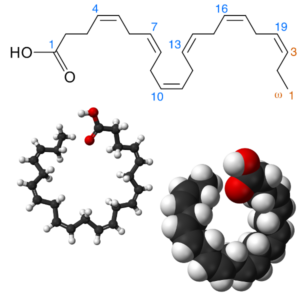The properties of DHA
DHA (docosahexaenoic acid) is an omega-3 fatty acid. Yes, you’ve heard of those and the brain-boosting benefits linked to then – among other things, DHA works with other omega-3s to fluidize proteins, which is essential to help the brain create and retain its memory.
DHA inhibits the development of inflammation in endothelial cells, alters the function and regulation of vascular biomarkers, and reduces cardiovascular risk. It also affects vascular relaxation and constriction by controlling nitric oxide and endothelin 1 production in endothelial cells. DHA also contributes to the prevention of arteriosclerosis by regulating the expression of oxidized low density lipoprotein receptor 1, plasminogen activator inhibitor 1, thromboxane A2 receptor, and adhesion molecules such as vascular cell adhesion molecule-1, monocyte chemoattractant protein-1, and intercellular adhesion molecule 1 in endothelial cells. Recent research showed that DHA reduces the increase in adhesion factor expression induced by lipopolysaccharide by suppressing toll-like receptor 4.
DHA has a positive effect on diseases such as hypertension, arthritis, atherosclerosis, depression, adult-onset diabetes mellitus, myocardial infarction, thrombosis, and some cancers.
Docosahexaenoic acid (DHA) is essential for the growth and functional development of the brain in infants. DHA is also required for maintenance of normal brain function in adults. The inclusion of plentiful DHA in the diet improves learning ability, whereas deficiencies of DHA are associated with deficits in learning. DHA is taken up by the brain in preference to other fatty acids. The turnover of DHA in the brain is very fast, more so than is generally realized. The visual acuity of healthy, full-term, formula-fed infants is increased when their formula includes DHA.
The consumption of DHA leads to many positive physiological and behavioral effects, including those on cognition. Advanced cognitive function is uniquely human, and the optimal development and aging of cognitive abilities has profound impacts on quality of life, productivity, and advancement of society in general. However, the modern diet typically lacks appreciable amounts of DHA. Therefore, in modern populations, maintaining optimal levels of DHA in the brain throughout the lifespan likely requires obtaining preformed DHA via dietary or supplemental sources.
Sources of Docosahexaenoic Acid in diet:
- Fatty fish and products made from fatty fish.
- Liver of white fish.
- Seafood and algae.


























































